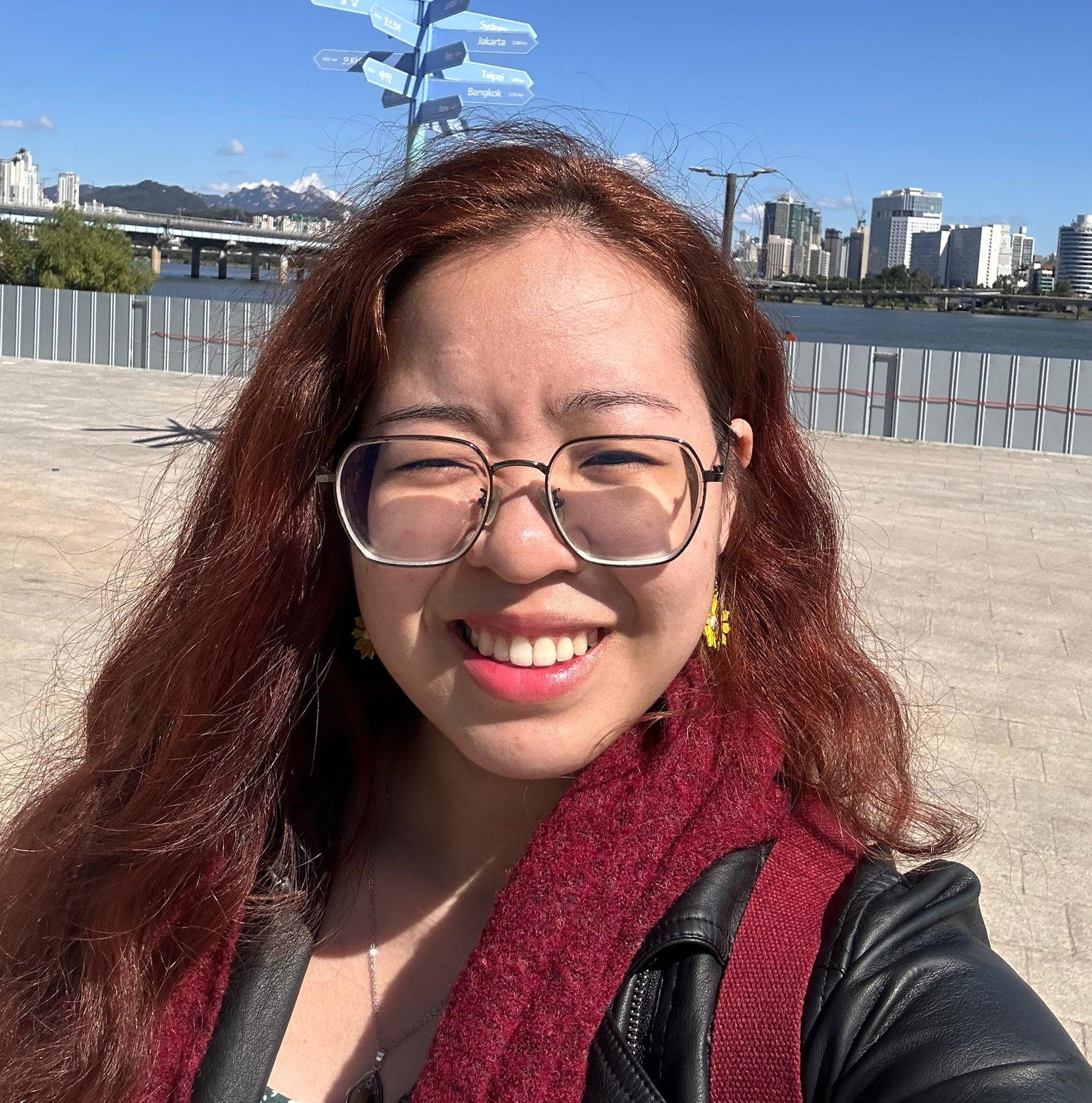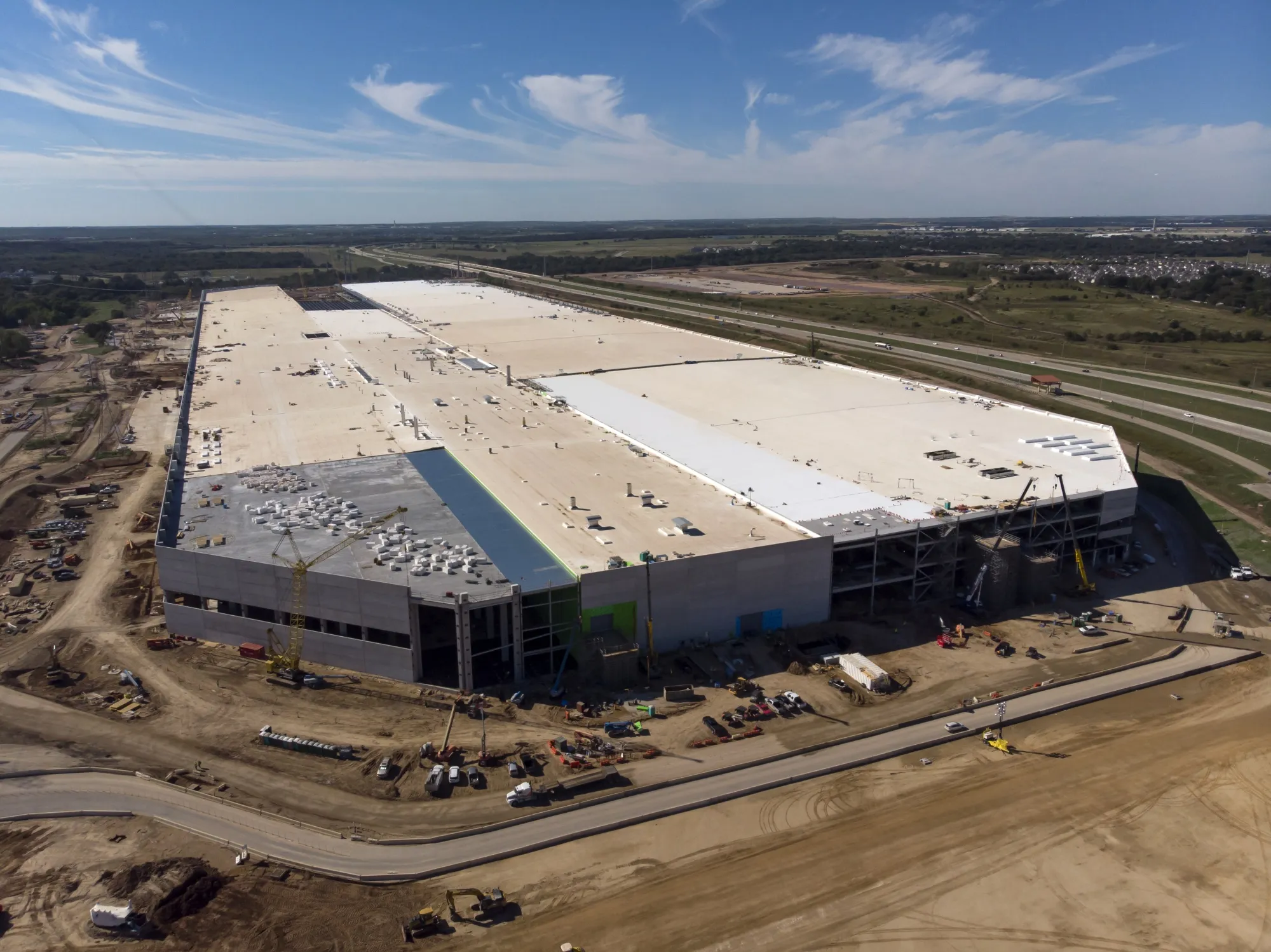
Editor
Celine Low chevron_right
Shares in Samsung Electronics saw a small boost after the South Korean tech giant announced a huge US$16.5 billion deal to supply artificial intelligence (AI) chips to Tesla.
This agreement, which will run through 2033, is a much-needed win for Samsung's contract chip manufacturing business, which has been struggling against fierce competition from its rivals.
While the deal is a major positive step, analysts believe Samsung still has a long road ahead to truly catch up in the fast-paced AI chip market.
Samsung's Struggle In The AI Chips Game

While Samsung is a well-known leader in memory chips and consumer electronics, their "foundry" business (manufacturing chips designed by other companies) has struggled to keep up among competitors.
This part of the business has been facing a lot of pressure, with profits being hurt by US export restrictions on advanced AI chips to China and difficulties in attracting big new customers.
According to analysts, this new agreement with Tesla is a huge vote of confidence for Samsung's manufacturing capabilities. It provides a stable and long-term customer for its new factory in Taylor, Texas, which had difficulty in securing major clients. This deal is viewed as the "start of a turning point," providing Samsung with the momentum and proof of its ability to produce cutting-edge chips for a high-profile client like Tesla.
The Race for Advanced Chips
The world of AI is heavily reliant on two types of chips: logic chips and memory chips.
In the foundry business, Samsung is fighting to close the gap with Taiwanese semiconductor manufacturing company TSMC in making the smallest and most powerful chips. The Tesla deal, which involves making the next-generation AI6 chips, is a huge step in proving they can execute at this level.

When it comes to the highly specialised memory chips for AI, known as High-Bandwidth Memory (HBM), Samsung has fallen behind its rival, SK Hynix. HBM is critical for AI data centres, and delays in getting their latest HBM chips certified by a key customer like Nvidia have dented Samsung's profits.
However, Samsung has provided samples of its next-generation HBM4 chips to customers, with a plan to supply them next year.
What the Deal Means
The deal with Tesla is more than just a financial boost; it has broader strategic importance.
By agreeing to make Tesla's chips at its new factory in Texas, Samsung is strengthening its manufacturing presence in the US. This also helps Tesla to "lessen the risk of supply-chain dislocations or tariff friction," as one analyst noted. This is especially relevant given that South Korea and the US have just agreed on a trade deal that reduces tariffs on certain imports.
While the deal is a huge positive, analysts are cautious. They stress that Samsung's ability to secure more large customers will depend heavily on its execution and whether it can solve its production issues.
Stay updated with ProductNation on here, Instagram & TikTok as well.
Read more related news here:
